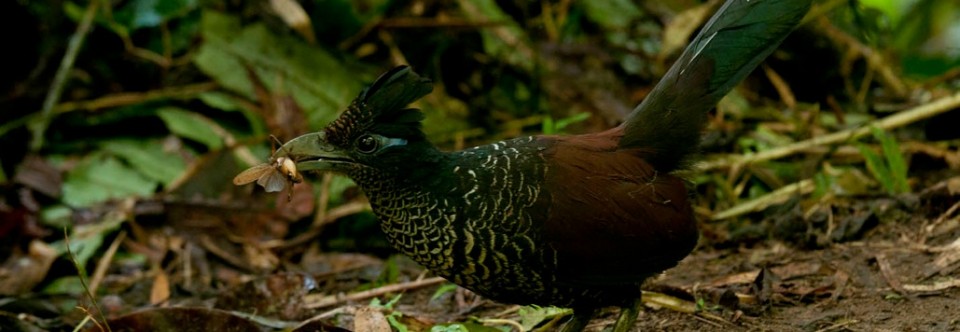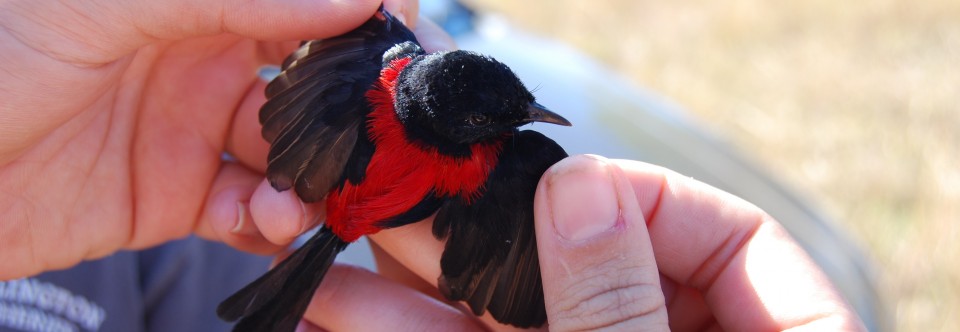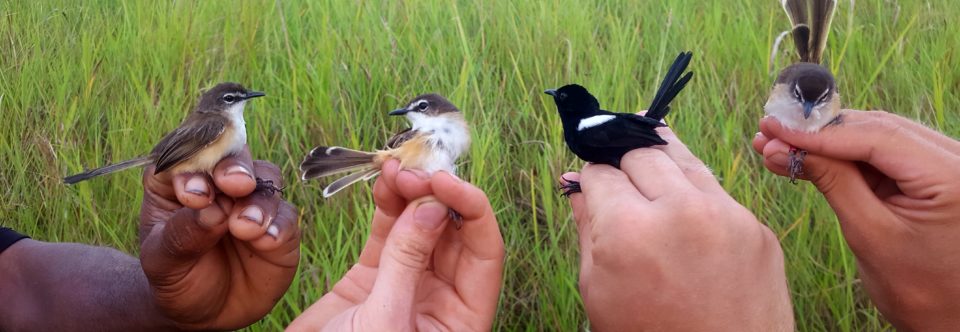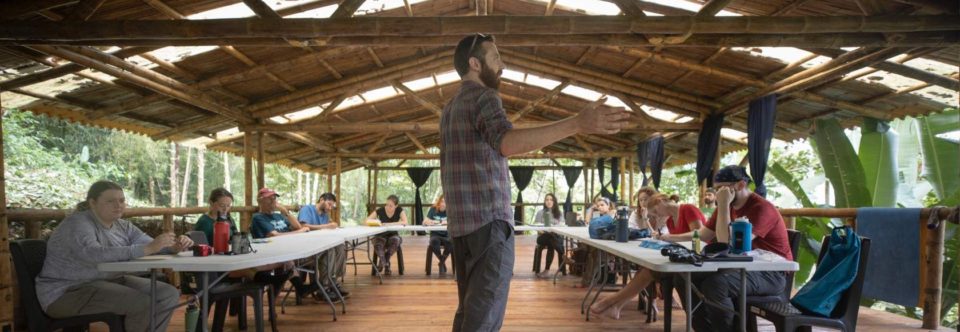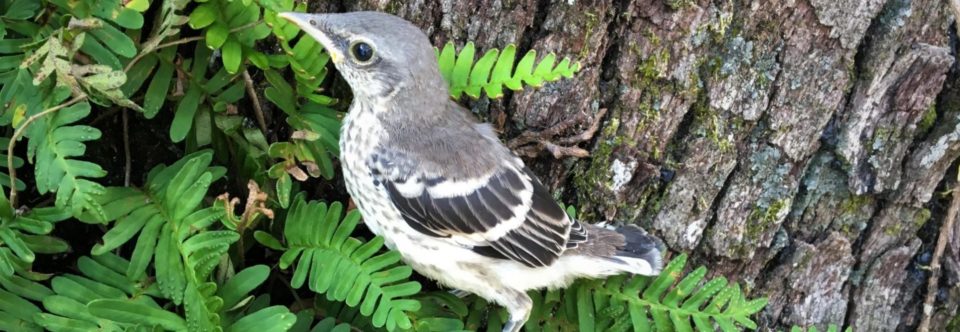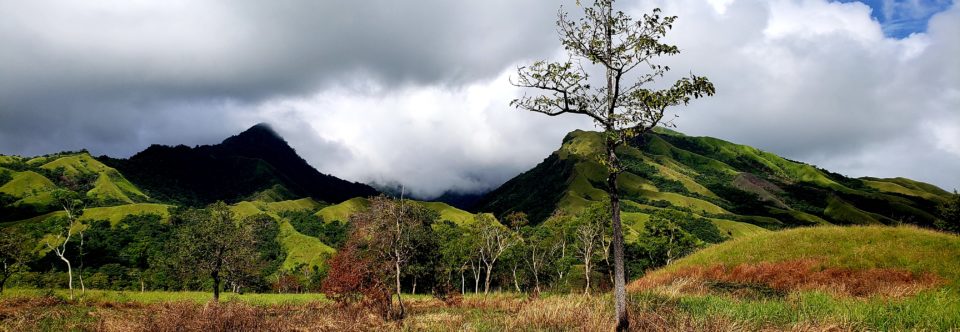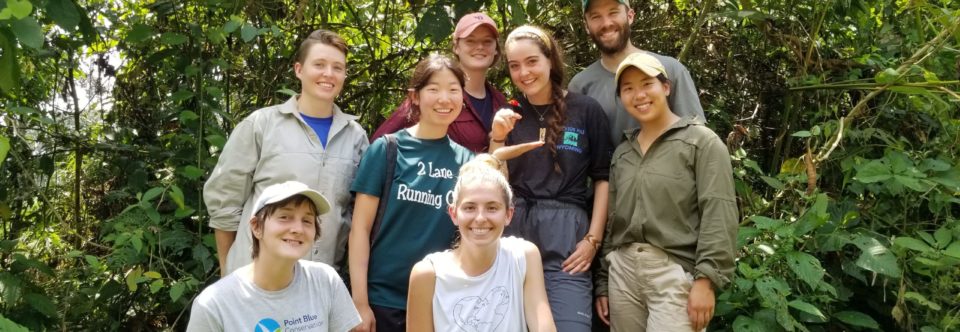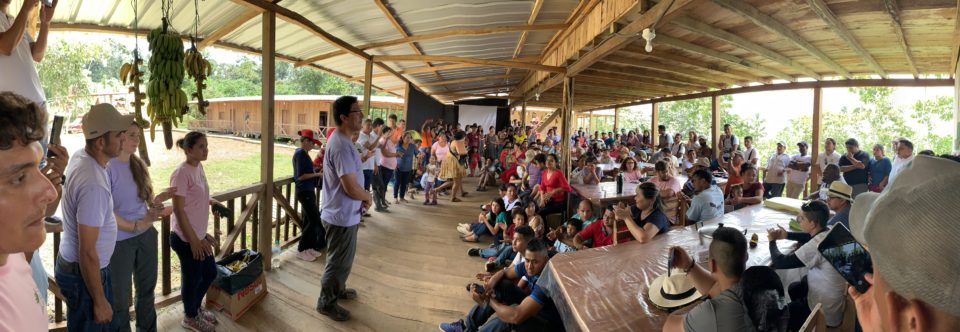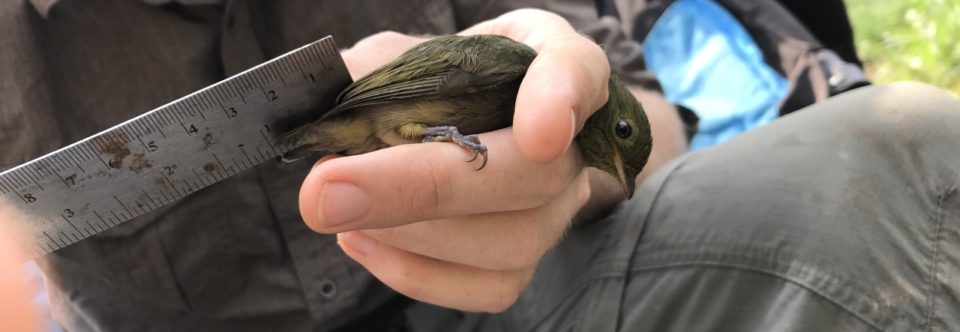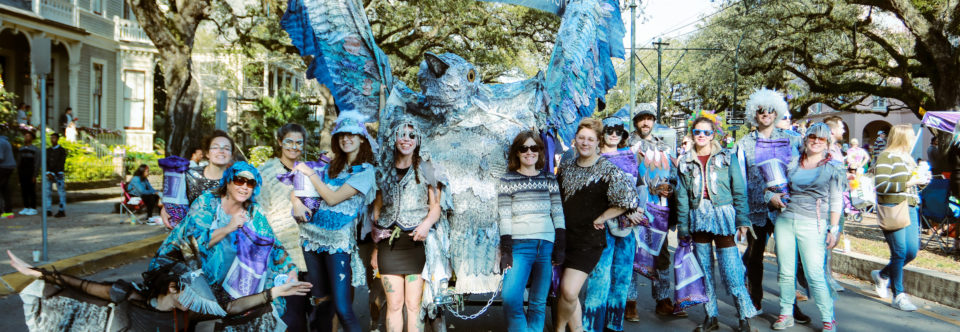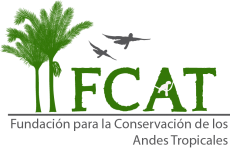"Welcome!"
Welcome! Our lab explores how the environment that organisms experience shapes their ecological, behavioral, evolutionary, and conservation trajectories. We focus our research on animal and plant and plant systems around the world, with active studies on plant-animal interactions, mating systems, demography and survival, signal evolution, movement and dispersal, and endangered species. Our lab takes a socially aware approach that combines community-engaged participatory research with capacity building, training, and education in the biodiversity hotspots where we work.
Fall 2021
The cooler weather is here and everyone in the lab has been busy! The semester got off to a great start but then Hurricane Ida came through and disrupted our flow a bit. Nevertheless, we all bounced back and are keeping busy with our classes, research, and teaching.
This semester we welcomed some new undergraduates to the lab including: Mary Elizabeth Barrow, Jack Cohn, Olivia Davison, Sloan Livaccari, and Maggie Millar. We also welcomed Master students Galen Dolkas, Chengkai (Kai) Guo, Vishal Narayan, and Thalia Williamson! Tanner Mazanec, Kat Perkins, and Katie Rompf are all making progress on their Master’s. And last but certainly not least, Judith Santano has joined us as a PhD student from California, with support from a NSF Graduate Research Fellowship she was awarded!
The PhD students have all had a lot on their plates but are doing a great job with work-life balance.
Sarah Khalil successfully defended her PhD thesis on red-backed fairywren coloration and is getting ready to begin her NSF-funded postdoc at Cornell. She also presented her work on the genomics of color variation in fairywrens at two conferences this summer – the American Ornithological Society, and the annual Evolution conference, where she won a W. D. Hamilton Award for Outstanding Graduate Student Presentation! She also spent two weeks in Ecuador TAing the tropical field ecology course with Jordan, where she taught and lead a group of undergraduate students through a project on catching birds. She will return in summer 2022 as an instructor of record on the course.
John Jones’ dissertation is starting to take form as he has been busy writing and teaching since our last update. His first chapter is currently in press with Ecology and Evolution and his second chapter is in review in Behavioral Ecology. He plans on submitting his third chapter soon to Animal Behaviour; fingers crossed! John also learned a new (to him) technique to analyze color variation over the summer that models color perception from their eyes; this approach takes center-stage of his fourth and final chapter, exploring if and how female aggression is correlated with male plumage coloration in both white-shouldered and red-backed fairywrens. Finally, John is applying for a few postdoctoral fellowships as he considers his next steps – insert shameless plug to reach out to him if you’re a PI looking to hire!
Kaushik Narasimhan had a busy summer, and his fall is shaping up to be very busy as well. He spent the summer getting ready for a long field season in Ecuador and, after some delays due to weather, finally made it. He plans to harvest his beloved seeds (now seedlings) from his seedling survival experiment – all 2,000 of them! – and gather the last bit of data for his 3rd chapter. He is also spearheading the implementation of new project, funded by an NSF RAPID grant awarded to Tulane professor Dr. Sunshine Van Bael , that aims to test seed survival in a similar way to his 3rd chapter, but with many more tree species found in Ecuador. He is also assisting in a forest restoration projected and working on a number of manuscripts!
Annelise Blanchette spent her summer collecting brown anoles for use in cognition and locomotor performance trials. She also learned how to perform a brain dissection and collected anoles to dissect for transcriptome analysis. In the midst of field and lab work she also trained for and ran a half marathon (her 6th – she kicked butt). She wrapped up most of her work for this season and is currently piloting some new cognition methods to try out in the spring and working on data analysis in close collaboration with co-advisor Dr. Alex Gunderson.
Mike Ellis defended his prospectus in the spring and traveled around the country while working remotely (and birding). In July, he began his Fulbright fellowship in Ecuador, and he has been working in the field ever since. He is also working on two manuscripts, one of which is in review and the other is soon to be submitted.
Luke Anderson spent the summer doing fieldwork in Ecuador. Along with a team of Tulane students, he was tracking white-bearded manakin movement, gathering genetic samples, mapping fruit distributions, and monitoring male display activity. He also served as a teaching assistant for the undergraduate field course at FCAT. He will be returning to Ecuador this semester and is looking forward to gathering more data, improving his Spanish, and playing Ecua-voley with the FCATeros.
Judith Santano joined the lab as a new Ph.D student. Judith graduated from Stanford University and is excited to continue exploring and developing her passions for community ecology, community-based conservation, and environmental education in the Karubian lab! She spent the summer getting a jump start to her Ph.D. by joining Luke Anderson for his field season at FCAT in Ecuador studying how the distribution of food resources impact the mating behavior of White-bearded Manakins. This semester she’s focusing on learning as much as she can about ecology and making New Orleans her new home.
Jordan was promoted to full Professor at Tulane University and received a Fulbright Fellowship for research and training in Ecuador. He also received grants from NSF for work on the factors that determine abundances of South American palm trees with Dr. Paul Fine, Dr. Miles Silman, and Dr. Luke Browne, and for work on how soil microbial communities mediate seedling survival with Dr. Sunshine Van Bael. He enjoyed traveling to Ecuador over the summer with family, friends and colleagues to teach the field biology course at the FCAT station.
Read MoreSpring 2021
As the weather warms, we come to the end of an academic year unlike any other. While the meetings remained virtual, the promise of a return to normalcy as more and more people get vaccinated kept spirits bright. We are happy to see each other again in person and enjoy the beautiful scenery that a New Orleans spring brings. We also have so much to celebrate!
Congratulations to our fresh PhD candidates Annelise Blanchette and Mike Ellis for successfully defending their prospectus’ and to Caroline Camus, Erin Sheehy, and Melanie Smith for successfully defending their undergraduate Honors Theses! Great job everyone!
We have many graduating students to celebrate too! Congratulations to Plus One MS student Peyton Fralick for finishing his program. Additional cheers for our graduating seniors Caroline Camus, Erin Sheehy, and Melanie Smith.
A huge congratulations to Sarah Khalil who was recently awarded the NSF Postdoc Fellowship!
The PhD students have a lot to look forward to after a whirlwind of an academic year.
John Jones finally learned to work from home and wrote two chapters of his dissertation; one chapter is currently in review and the other will be submitted shortly. In addition, John has received funding from the American Physiological Societies’ “Lewis and Clark” grant to support another trip to Papua New Guinea which will take place when it is globally safe to travel. In the meantime, he has repurposed the research on red-backed fairywrens conducted as part of his Australian Endeavor Fellowship to take center stage of his third chapter, exploring coloration in the sister species to his New Guinean songbirds. Finally, alongside another Karubian PhD student (no spoilers here!), John received the EEB department’s ‘Stephen Darwin Outstanding Teaching Assistant Award’ for his role in teaching Ecology and Experimental Animal Behavior for the 20-21 academic year.
Sarah Khalil has several updates: She has received an NSF postdoctoral fellowship in biology (PRFB), and will be starting at a postdoc in Dr. Irby Lovette’s lab at Cornell University in March 2022! She plans to defend her dissertation around November 2021. She also recently received the American Museum of Natural History Chapman Research Grant to fund her ongoing dissertation work. And on more personal news, she adopted a puppy named Frankie in January, and has been enjoying spending lots of time with him at home while she mainly works on analysis and writing.
Kaushik Narasimhan had a busy spring! At the beginning of the semester, he went to Ecuador to get the ball rolling on his 3rd chapter. After some twist and turns, he was able to collect seeds, get his shadehouse built, sterilize soil, and get his precious seeds germinating! Using plant tissue gathered during that field season, Kaushik was extracting DNA to conduct ddRAD protocols and further analysis. He is also getting ready to submit his 1st chapter for publication and another publication he co-authored was accepted for publication. Now that his seeds have germinated, Kaushik is back in Ecuador to plant his seeds to finish the setup for the experiment. When he returns over the summer, Kaushik is going to focus on ramping up a larger project in Ecuador beginning in the fall, focused on more plant species!
Annelise Blanchette successfully defended her prospectus and was awarded the EEB department’s ‘Bruce Fleury Outstanding Teaching Assistant Award’ for her role in teaching Diversity of Life during the 20-21 academic year. She also continued collaboration with local printmaker Pippin Frisbie-Calder and producer Zaferhan Yumru to create an educational video about the Mockingbird Project outreach. She finally submitted her master’s thesis manuscript to a journal and is waiting to hear back on that. She’s currently attempting to build a balance beam and treadmill for the brown anoles and will spend her summer collecting at much data as she can!
Mike Ellis added new remote sensing projects to his dissertation, successfully defended his prospectus, and was awarded a Lewis & Clark grant. After having his field work postponed all year due to the pandemic, he’s very excited to head to Ecuador and begin his Fulbright fellowship.
Luke Anderson spent several weeks in Ecuador learning to track white-bearded manakins using radio telemetry. Over the summer, he and other lab members will be embarking on an ambitious field study to determine relationships between fruit distributions and manakin space use, seed dispersal, and display behavior. He also recently published a paper in Animal Behaviour demonstrating that female cowbirds use chatter vocalizations to signal-jam male songs during courtship.
Last but not least, Jordan has had a busy semester full of reasons to celebrate!
Jordan Karubian received a Fulbright Fellowship for research and education work in Ecuador. He also received awards from the NSF for research on the factors that regulate abundance of palm trees in South America with Paul Fineand Miles Silman, and for research on plant-soil feedbacks with Tulane colleague and grant PI Sunshine Van Bael. He will be promoted to full Professor starting in July 2021 and is looking forward to spending some time in nature with his family this summer!
Read More
